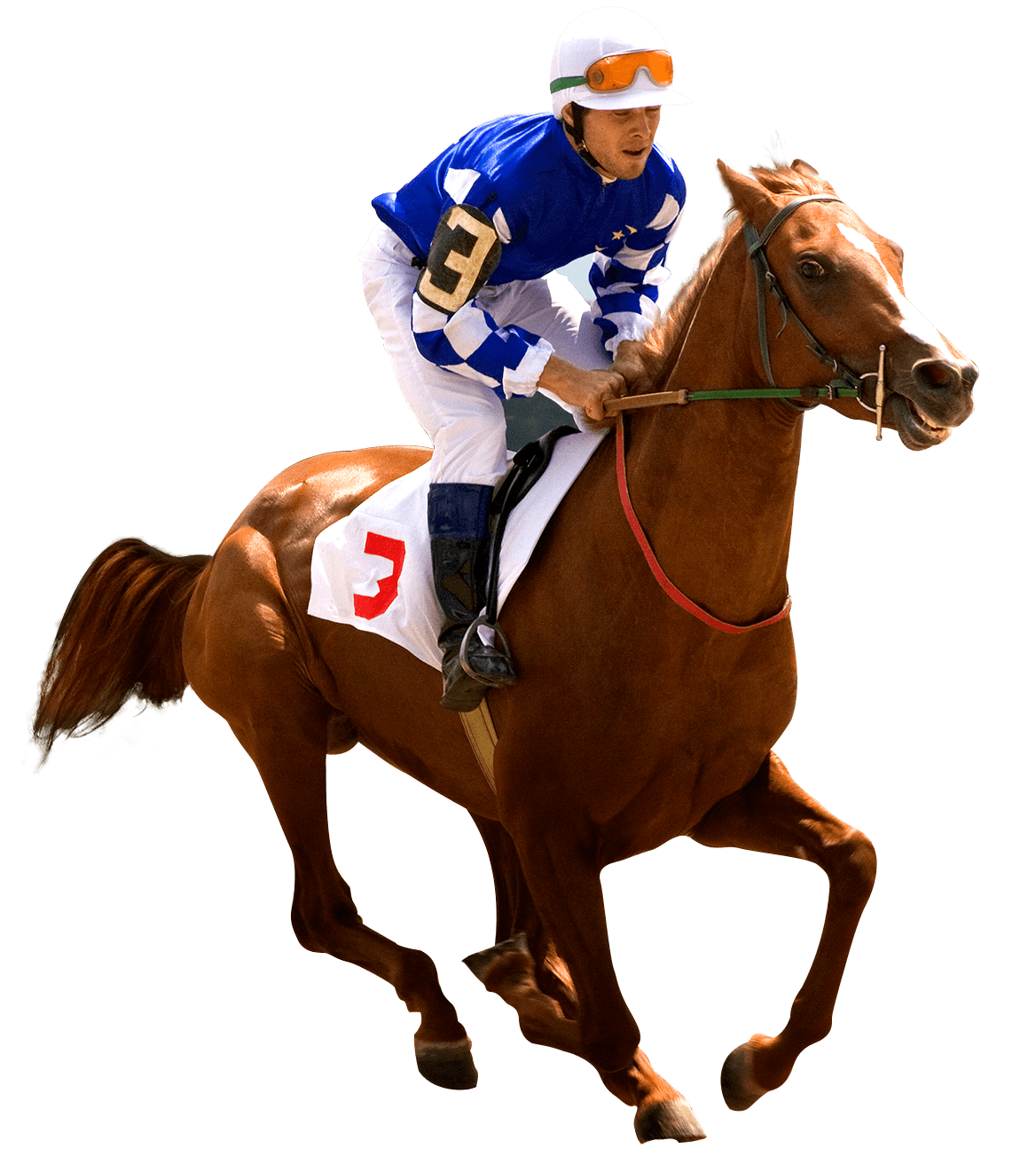The Coral Eclipse Stakes was first held in 1886 and has since developed into one of the most elite events on the racing calendar. It is currently a part of the Middle-Distance category of the British Champions Series. Held in early July, the Coral Eclipse always manages to attract a top class field each year with a purse that stands at 500,000 as of 2017.
The race itself is named for the 18th-century thoroughbred Eclipse that dominated his generation. He boasted 18 career wins from 18 starts. Today, it is believed that the vast majority of thoroughbred racehorses can trace this stallion via their male ancestry.
The Coral Eclipse Stakes is a Group 1 event that is held at Sandown Park over the distance of one mile, two furlongs and seven yards. The track itself is right-handed requiring the thoroughbreds to bear right during the race.
The Coral Eclipse is open to Group 1 horses of both sexes that are at least three years of age allowing the younger generation to have a chance to run against the older. Of course, the weight requirement varies by both gender and age. Three-year-old fillies must carry 8 stones and 7 pounds, whereas, colts must carry 8 st-10 lbs. Four-year-old mares must carry 9 st-4 lbs, and stallions or geldings of the same age must carry 9 st-7 lbs.
location: Sandown Park Racecourse
grade: Group 1
race type: Flat race
When the race was inaugurated in 1886, it was the richest horse race in Great Britain, thanks to a donation from prominent banker Leopold de Rothschild. Because of this, the race has always been contested by a high quality field. The event was named after equine superstar Eclipse who, in the eighteenth century, remained undefeated before going on to a successful career at stud.
Currently, this race remains a prize that attracts a strong field each year with a purse of £500,000 and a top prize of £283,550 as of 2017. Listed below are the past winners for the previous 10 years.
Listed below are some of the record moments of the Coral Eclipse Stakes achieved over the 130+ years since its first event. Some of the most successful career thoroughbreds, trainers and jockeys in the history of racing have left a lasting impression not soon forgotten in the memories of those that follow the sport (as of 2017) .
The roll of honour of Coral Eclipse Stakes winners is one of the most impressive for any race around the world and includes a number of racing superstars. Orme (1892, 1893), Buchan (1919, 1920), Polyphontes (1924, 1925), Mtoto (1987, 1988), and Halling (1995, 1996) are the only horses to have won the race on more than one occasion.
Alec Taylor is one of the most successful trainers in Coral Eclipse Stakes history, winning the race on five occasions from Bayardo in 1909 to Saltash in 1923.
As with many other major British horse races, Lester Piggott is the most successful jockey in the history of the race having won seven times on Mystery IX, Darius, Arctic Explorer, St Paddy, Pieces of Eight, Wolver Hollow and Artaius from 1951 to 1977.
1985's Pebbles was the first filly to win the Coral Eclipse Stakes in the history of the race.
Over the past century since the first running of the Coral Eclipse Stakes, top-class thoroughbreds competing in the 2000 Guineas Stakes and Epsom Derby have also made history at the Sandown track. These are a few of the best and most memorable thoroughbreds to run the race (as of 2017) .

One of the most notable thoroughbreds to win the Coral Eclipse Stakes in recent history is Sea The Stars. He won the 2009 Coral Eclipse and ultimately a total of six prestigious races of equal caliber that year including the 2000 Guineas, Investec Derby, Juddmonte International, Tattersalls Millions Irish Champion Stakes, and Qatar Prix de l'Arc Triomphe.
Another dominant Group 1 thoroughbred in the history of the race is the 2000 winner Giant's Causeway. This stallion won a total of five Group 1 victories in the same year.
1989's Nashwan had the race of his career starting eight lengths behind Opening Verse. He not only made this up, but won by five lengths for one of the most exciting moments in the history of the race.
1972's Brigadier Gerard won by two lengths making for his 14th consecutive career win which was a monumental moment in the history of the race. He is considered one of the greatest racehorses of the sport nearly matching Eclipse's record with 17 wins from 18 starts.